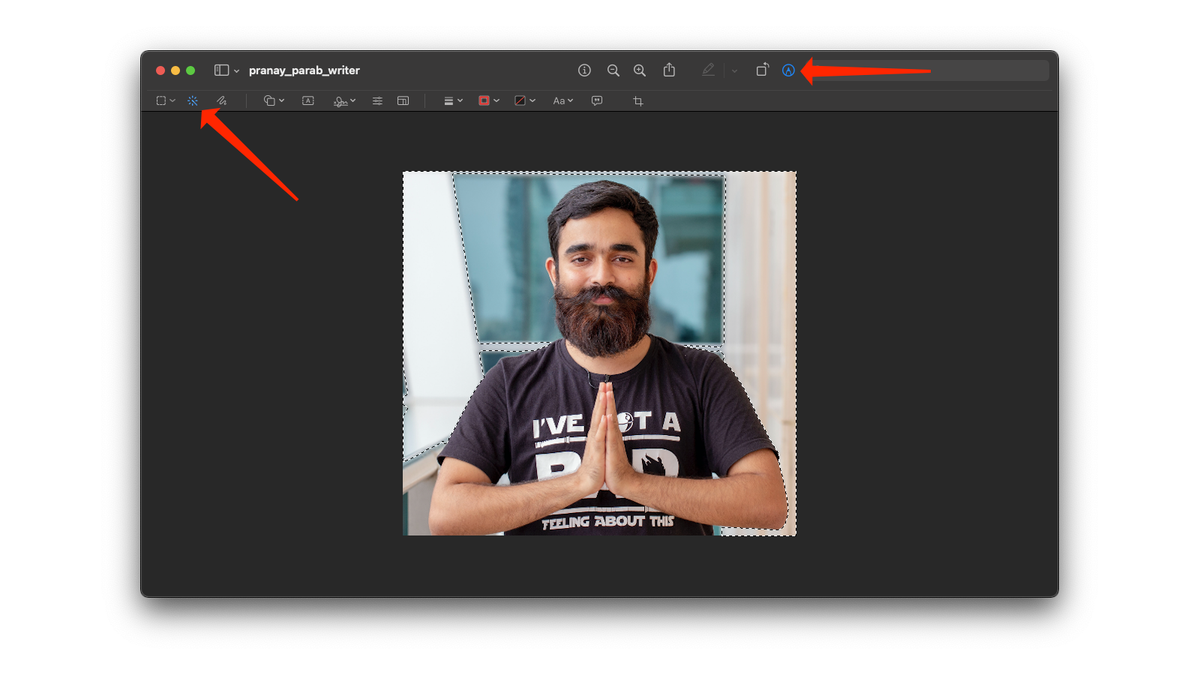What People Are Getting Wrong This Week: What Is the 'Firehose of Falsehood'?
Flooding the discourse with lies is a political strategy, but it doesn't always work.


Credit: lev radin
If this were a normal election season, I’d take a look at the stickiest claims from each side, examine where they come from, and separate the spin and half-truths from the realness—get in there and give those facts a proper checking. But that’s far more difficult now. In this election (and the last one, and the one before that) one candidate is pumping out so many lies so quickly that fact-checking has become exhausting and pointless. It’s a political technique dubbed the “firehose of falsehood,” and we’re all being doused by it.
What is the firehose of falsehood?
The term “firehose of falsehood” was coined in 2016 by the RAND corporation. According to RAND, the propaganda style is frequently employed by Russian intelligence and is categorized by the use of as many channels as possible to send out as many messages as possible, as fast as is possible. It doesn’t matter whether the things you say can be easily debunked, whether they’re ridiculous on their face, whether they contradict each other, or whether they even make sense in reality—the point isn’t to convince anyone of anything. It’s to make them stop caring—to flood the discourse with so much bullshit that no one bothers to fact-check anymore because it’s too exhausting.
Trump turns on the firehose
According to NPR, at his most recent press event, Donald Trump made 162 false statements in 60 minutes—that's 2.7 lies per minute. He predicted another Great Depression and a third world war. He said foreign countries are emptying their insane asylums into the U.S. He said Kamala Harris was a “radical left person at a level that nobody's seen,” that her nomination was unconstitutional, that everyone, Republican and Democrat, wanted Roe vs. Wade repealed. He said over 100,000 people attended one of his rallies, that vice presidential hopeful Tim Walz “has positions that it’s not even possible to believe that they exist. He’s going for things that nobody’s ever even heard of,” and that “he doesn’t want to have walls, he doesn’t want to have any form of safety for our country.”
The end goal of this kind of deluge is to create disinterest in truth, so objective reality doesn’t matter as much to voters. And it worked in 2016, when people voted for Trump because they believed Clinton was a witch running a child-kidnapping ring so she could harvest children’s brains and stay eternally young. Or they just didn’t trust her.
The limits of the firehose of falsehoods
Experts say traditional methods of countering propaganda don’t work on the firehose of bullshit. Instead, they recommend “repeating the counterinformation,” “turning off the flow by enlisting the aid of Internet service providers and social media services,” and “forewarning people about propaganda.” That seems like bringing a knife to a gunfight to me, but every move has a counter, and I believe the Harris campaign has hit on the real solution: using their own weapon against them.
“Weird” and the art of political judo
Dissecting and debunking the lies that Trump tells is not only exhausting and boring, it’s giving those claims more attention than they deserve. So Harris, so far, isn’t doing it. Instead, the message is, “that’s a weird thing to say.” Her campaign is offering a meta-commentary on the act of lying instead of engaging with the lies themselves, using the post-truth environment that Trump created to define him and the things that he says. The definition comes down to one word: weird. Democrats are welcoming a “vibes” election in a way that an old-school (and old) politician like Joe Biden could not. Just look at her veep choice: there's never been a more "vibes" guy than Tim Walz. Harris is inviting voters to compare the feeling you get from her and Walz with the one you get from Trump and Vance.
So far, it seems to be working. Harris is outperforming Biden in polls, and is currently the (slight) favorite for the presidency in betting markets. But more importantly, you can tell it’s effective because Republicans are on the back foot. They’re defending, and as all 12-year-olds and political consultants know, when you’re defending, you’re losing: Trump insisting “We're not weird. We're very solid people…we're the opposite of weird. They’re weird,” sure doesn’t make him seem normal.
Trump’s usual strategy of defining his opponents with a firehose of insults doesn’t seem to be working either. Everything he throws at her—“She’s not really black,” “she laughs funny,” “she’s a bitch,” just makes him look weirder.
Looking past the good vibes
All that said, anything can happen between now and November, and we're starting to see the next chapter. The latest strategy for attacking Harris is to point out that she doesn’t do press conferences and she hasn’t made her public policy positions known. In other words, she’s not defining herself. This is not a weird thing to say about a political opponent, and points to the next test for Harris: whether she can merge her hopeful, energetic, anti-Trump persona with the nuts and bolts of being president.

Stephen Johnson
Staff Writer
Stephen Johnson is a Staff Writer for Lifehacker where he covers pop culture, including two weekly columns “The Out of Touch Adults’ Guide to Kid Culture” and “What People are Getting Wrong this Week.” He graduated from Emerson College with a BFA in Writing, Literature, and Publishing.
Previously, Stephen was Managing Editor at NBC/Universal’s G4TV. While at G4, he won a Telly Award for writing and was nominated for a Webby award. Stephen has also written for Blumhouse, FearNET, Performing Songwriter magazine, NewEgg, AVN, GameFly, Art Connoisseur International magazine, Fender Musical Instruments, Hustler Magazine, and other outlets. His work has aired on Comedy Central and screened at the Sundance International Film Festival, Palm Springs International Film Festival, and Chicago Horror Film Festival. He lives in Los Angeles, CA.

 BigThink
BigThink 

































